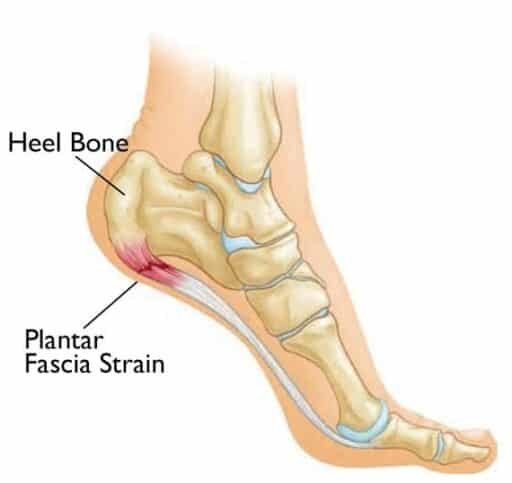Nutrition – during stressful times
Eating Healthfully During Stressful Times “Refined sugars and starches in most packaged snack foods “make you feel better for a…
14/08/2018
Eating Healthfully During Stressful Times
“Refined sugars and starches in most packaged snack foods “make you feel better for a minute, then worse,”
Emotional Eating and Stress Eating
When you feel tense, stress eating or emotional eating seem to be triggered like an automatic response. That’s especially so if your body reacts strongly to stress-released hormones. A 2010 study from the University of Michigan showed that when levels of the stress hormone cortisol, were boosted in healthy, non-stressed adults, they ate more snack foods.
Indeed, stress may increase your desire for doughnuts, ice cream, and other high-fat or sugary foods. You also are likely to eat fewer regular meals and fewer vegetables. That may be why you grab a handful of cookies during stressful moments instead of healthy snacks such as baby carrots or a few almonds. Not surprising, then, that stress eaters gain weight more often than those who aren’t stress eaters.
Find New Outlets for Stress
“Emotional or stress eating soon becomes a habit that changes how you eat regularly,” Thayer says. Healthy eating and good nutrition disappear as your daily meal plan starts looking like the menu for a Cub Scout sleepover.
“The food drives your behavior and your behavior drives your food choice,” says Susan Kleiner, PhD, RD, a specialist in nutrition and human performance and author of The Good Mood Diet. “You are stuck until you put your foot down.”
You can break the stress eating cycle and enjoy a healthful diet, even if difficult times continue, with these effective ideas:
Build a good nutritional foundation. Prepare your brain and body in advance and you’ll be better able to handle stress when it happens. To keep your emotions in balance, eat regularly during the day, every four or five hours.
Enjoy complex carbohydrates. Have oatmeal, raisin bran and other whole-grain cereals and breads, as well as brown rice, whole-grain pasta, vegetables, beans, fruits, and nonfat milk. These complex carbohydrates help your brain make the feel-good chemical serotonin, which counteracts stress, says Thayer. Moderate amounts of healthy fats from olives, avocadoes, nuts, seeds, fatty fish, nut butters and olive oil also help, adds Kleiner.
Recognize what’s happening. When stressful events or thoughts trigger the urge to eat, stop and evaluate first. Are you hungry or not? Rate your hunger on a scale from 1 to 10. Ask yourself when was the last time you ate, to see if your body needs food right now. “Often, negative emotions trigger what feels like hunger but is really just a habitual response to eat to get rid of negative feelings,” says Elissa S. Epel, PhD, associate professor of psychiatry at the University of California, San Francisco, and a researcher on stress and eating.
Try a little mindfulness. Derail your automatic trip to the cookie jar by becoming more aware of your eating patterns. Mindful eating encourages you to use your senses to choose foods that please you and are nourishing to your body. Pay attention to the physical cues of fullness or hunger that your body sends. Use these to make decisions about when to begin eating and when to stop.
Have a Plan B … and C. The stress-eating urge usually hits suddenly, so keep healthy snacks with you wherever you go. Try small packets of nuts or trail mix (without added sweets or salt), apples, or bananas. Those better options will help you bypass high-calorie comfort. When possible, Kleiner advises eating protein and complex carbohydrates together, such as cheese with a slice of whole-grain bread.
Another great option: a small piece of dark chocolate (72% cocoa is good). “You don’t need to eat a ton of it,” Kleiner says.
Fool yourself. In difficult moments, do you crave crunchy snacks like chips or pretzels? Keep cut-up carrots and celery ready in the refrigerator. Soy chips are also a healthier choice than most fried or baked crunchy snacks.
Have a sweet tooth? Fruit provides natural sweetness that can reduce your urge for high sugar items.
Out of sight really does help. If you must keep stress eating temptations like cookies or chips at home for others, store those foods behind larger packages or stacks of dishes. In the freezer, use bags of frozen vegetables to block your view of the ice cream container. When you’re commuting to work or running errands, avoid driving past the bakery or fast-food restaurants.
Call on a substitute. To make stress eating less automatic, you need to find better ways to deal with everyday hassles and ongoing tensions. Choose a healthy stress-busting alternative such as going for a walk or run, listening to music, calling a friend for a chat, brushing your cat or dog, or just sitting quietly.
Instead of eating, try one of the solutions mentioned above. Add it to your action choices if it works or try a different one next time. By finding healthier alternatives, you’ll feel more in control. Then you’ll be more prepared for the next step: “You have to figure out what’s causing the stress and work to alleviate that,” Thayer says.
Source: Web MD
baulkham hills, Bella vista, fat loss, nutrition, personal trainer, personal training, Trim Tone, weight loss

Plantar fasciitis is one of the most common foot conditions, causing pain and discomfort along the bottom of the foot,…
22/01/2025